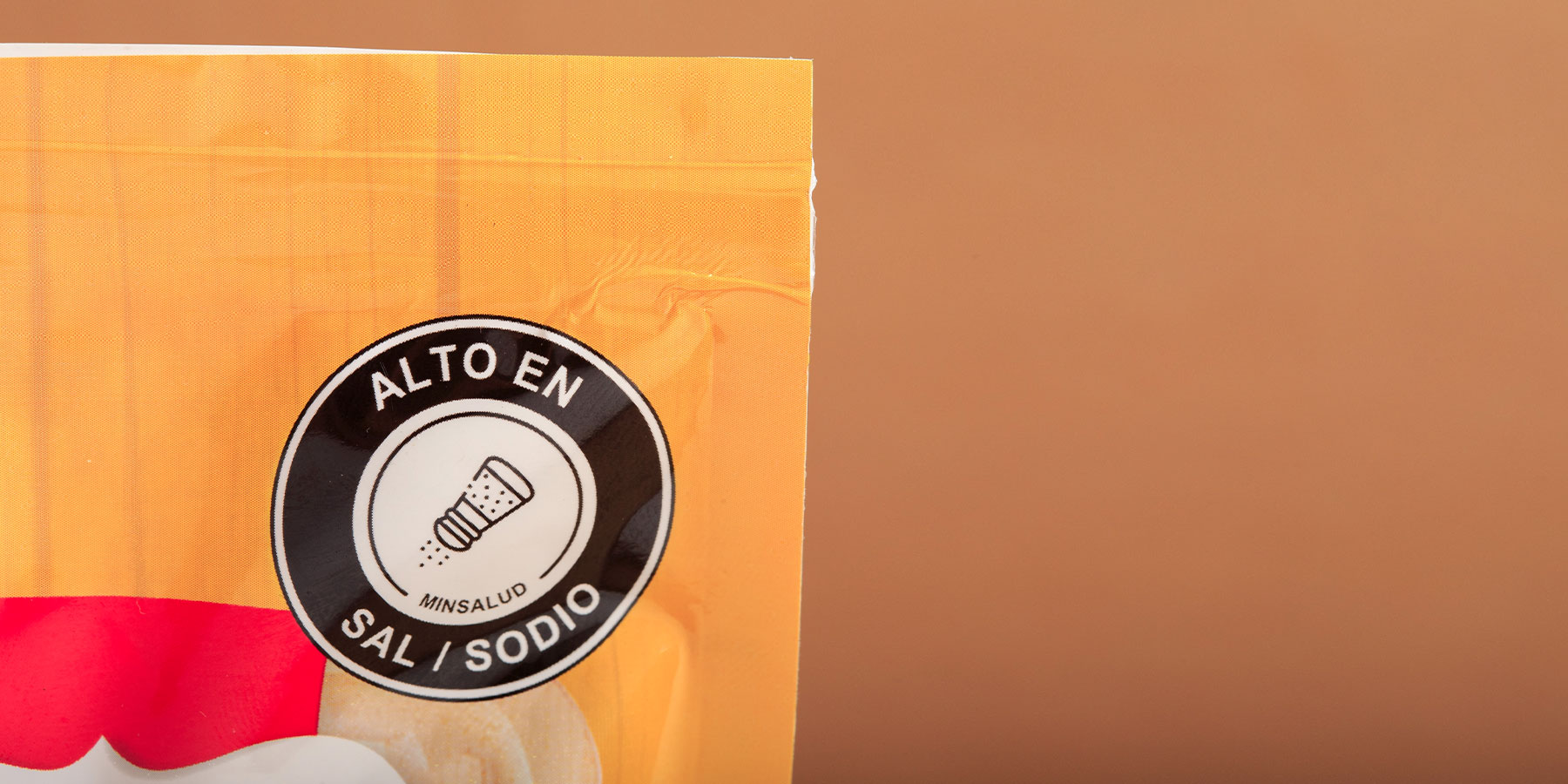Key messages
- Colombia has a salt problem. The average Colombian consumes 12 grams of salt a day – more than double WHO’s recommended intake threshold – and the rest of the world is not far behind with global consumption averaging 10.8 grams.
- High salt intake is a critical factor contributing to diet-related disease and death in Colombia and around the world. Colombia’s salt-problem diseases (NCDs) cause 78% of deaths.
- World Health Organization’s ‘SHAKE’ initiative provides a framework for countries to take action on salt reduction.
- Colombia is reshaping its dietary landscape through it's national salt reduction strategy, which includes a host of policy initiatives that target ultra-processed food products, including a health tax on high salt and sugar products and mandatory salt content maximum limits, among others initaitives.
- Colombia has navigated significant industry inteference during the policymaking process with support from civil society to put population health first.
Colombia’s salt problem
Colombia has a salt problem. According to the Pan American Health Organization (PAHO), Colombians consume more salt than any other country in the region and intake is also ranked among the highest globally. The average Colombian consumes 12 grams of salt a day, a figure that is well over double the World Health Organization’s (WHO) recommendation of less than five grams of salt per day for adults.
Too much salt can affect our metabolic health and is linked to a number of diet-related conditions and noncommunicable diseases, including overweight and obesity, raised blood pressure (known as hypertension), and cardiovascular and kidney diseases, to name but a few.
Some 76% of deaths in Colombia are attributable to NCDs, and the Colombian diet has been closely linked to numerous health issues, including raised blood pressure, cardiovascular diseases, gastric cancer, osteoporosis, and kidney disease. While across the region, high sodium consumption is a critical factor contributing to diet-related deaths. High and rising rates of diet-related NCDs underscore the urgent need for effective public initiatives that can protect population health.
Hear the call: SHAKE the salt habit!
In recognition of the alarming rates of excessive salt consumption worldwide, the WHO set a global target of reducing 30% salt intake by 2025 – but we are severely off track according to figures from the WHO Global Report on Sodium Intake Reduction.
WHO’s SHAKE package provides a strategic framework to support countries to take action in reducing salt intake in their populations. The comprehensive approach includes various initiatives to promote healthier eating environments, including through surveillance, industry collaboration for food reformulation, adoption of labelling and marketing standards, knowledge dissemination and educational campaigns, and the creation of supportive environments for healthy eating.
If the SHAKE package was fully implemented in every country, research indicates that it could save millions of lives per year and dramatically reduce the burden of NCDs on health systems. But few countries are fully embracing all of these salt reduction policies, and many have taken no action at all.

Resolute action transforms dietary landscape in Colombia
With determined strides Colombia is re-shaping its dietary landscape, leading the charge against high salt intake and diet-related NCDs with initiatives that are attracting global attention.
Central to their action on salt is the National Strategy for the Reduction of Salt/Sodium Consumption in Colombia 2012–2021, spearheaded by the Ministry of Health and Social Protection (MINHEALTH). This comprehensive initiative comprises six key initiatives that are specifically aimed to protect Colombians from high salt intake – with a notable focus on curbing harm from industrialised food products.
Policies include the implementation of mandatory maximum sodium content limits for a total of 59 processed food categories. Originally introduced in November 2020, the initiative will expand to include planned stricter thresholds for sodium content which will take force in November 2024.
Furthermore, Colombia emerged as a pioneer in fiscal policy targeting ultra-processed products with the approval of a health tax on sugar-sweetened beverages (SSBs) and ultra-processed products (UPPs). This tax, effective since November 2023, introduced a gradual levy, with an additional tax on affected foods that started at 10%, and is set to rise to 15% in November 2024, and 20% in November 2025.
To complement policy guidance, Colombia has put into law the use of octagonal front-of-package warning labels on foods high in sugar, sodium, trans fats, fats, and sweeteners. A concurrent food procurement initiative also prohibits these labelled products in public settings like schools and community kitchens, paired with communication campaigns to raise awareness about the harms of excessive sodium intake.
A research initiative has also been set up to gather quantitative and qualitative data on salt interventions, including changes in the nutritional composition and regulatory compliance of products after policy implementation and the impact of these measures on employment, prices, and other factors.
During policy formulation, Colombia navigated significant pressure from the food and beverage industry, but they did not waver in their commitment to public health. Civil society organisations played a pivotal role in supporting these endeavours, providing vital technical assistance and advocacy to counter industry interference and advance health‑centric policies.
Through a blended approach of policy making, community engagement, and collaborative efforts, Colombia stands at the forefront of global initiatives aimed at fostering healthier dietary habits and reducing sodium intake.



